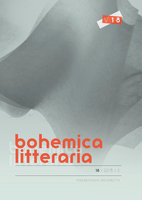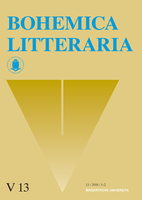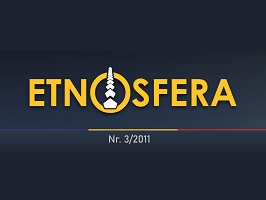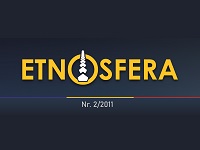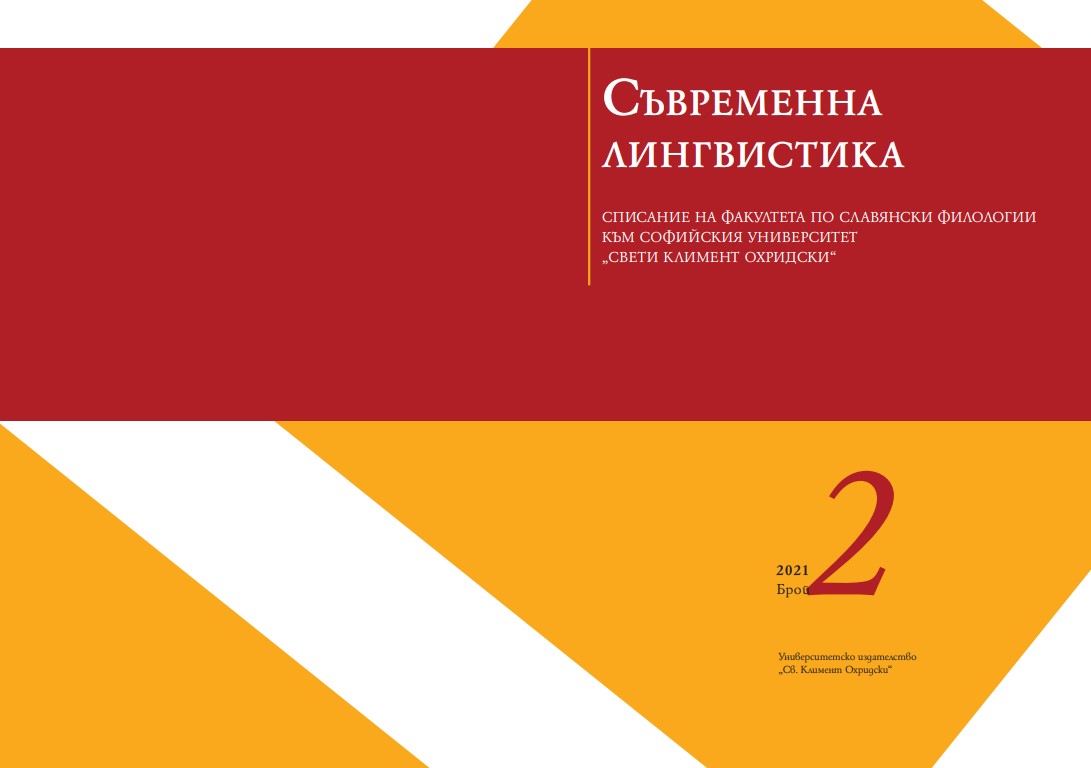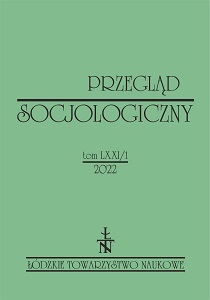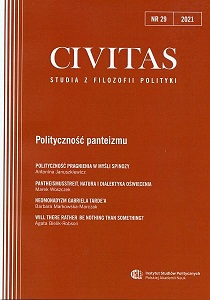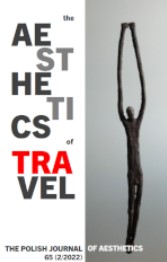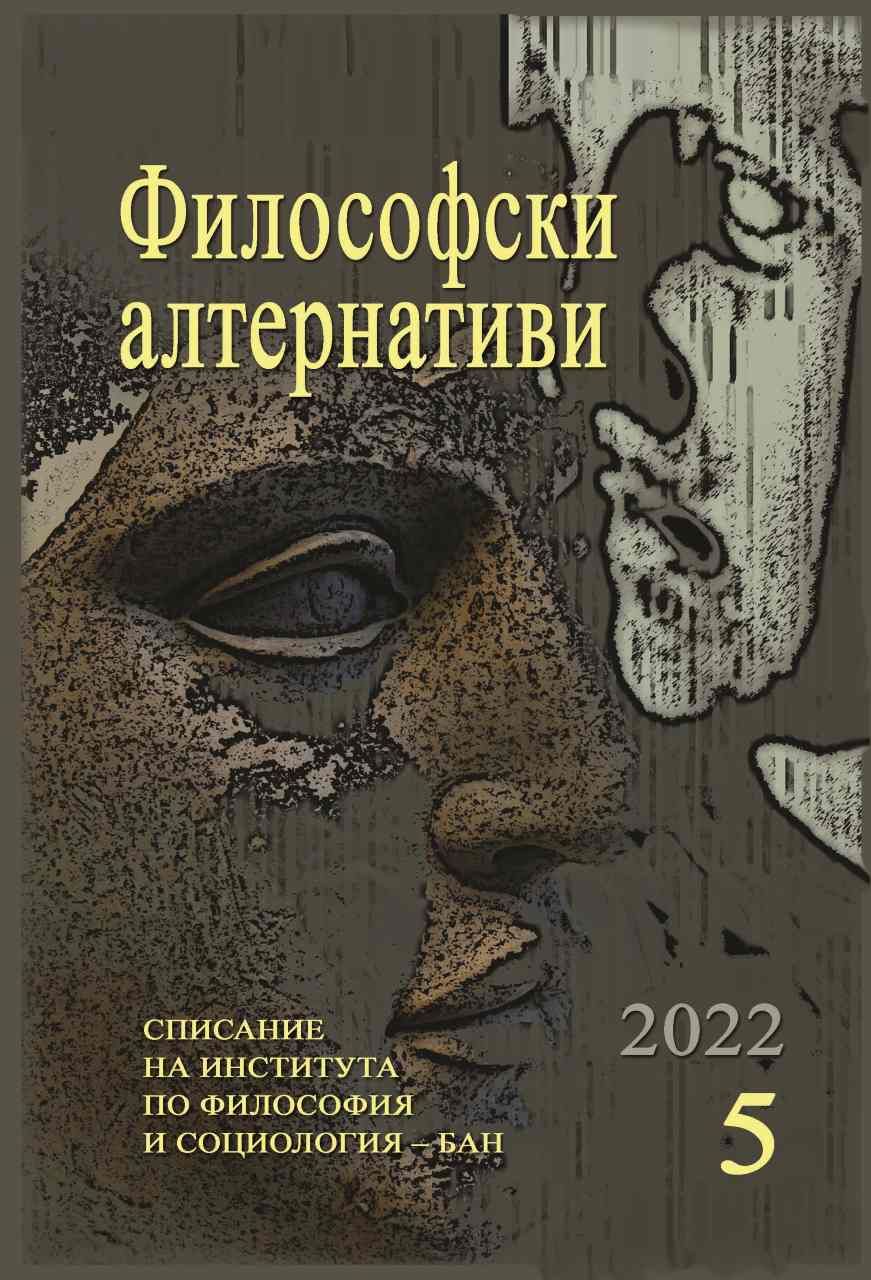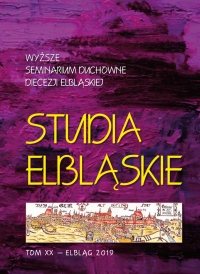Author(s): Tomáš Havelka / Language(s): Czech
Issue: 1-2/2010
The article aims to show fundamental changes in one of hundreds of example published in Postila katolická (1691) by a Czech Jesuit Matěj Václav Štajer. The plot, worldwide known as the “awakened sleeper” (number 1531 in Aarne-Thompson-Uther system), appeared in literature in two basic forms: the older one was included into The Arabian Nights Entertainments, but all early modern versions are based on newer precedent of Philip the Good, Duke of Burgundy: he carried a drunken peasant into his own palace and celebrated him as a lord for one day. In the evening, all changes were put back and the sleeping peasant (again drunk) was returned into the street. Undoubtedly, this plot has a carnival character in Bachtin`s meaning, but all literary interpretations of early modern humanists (especially Ludovicus Vives) and religious writers (e. g. Ludowicus Hollonius, Christian Weise, Johannes Masenius, also Matěj Václav Štajer) put extraordinary moral and anagogic emphasis on parallel between one exceptional day and a whole life – dream; paradoxically, Philip the Good was mentioned as a typical example of a virtuous, pious and prudent aristocrat. Interpretations of this plot in lower social classes were free of all moral aspects: low urban and also rural texts put emphasis on the superordinate mockery of the drunken peasant, his immorality and incapability. In the early 17th century, a very clear example of this attitude is a Polish farce Peasant became a king: this comedy with a drunkard is organised by Polish soldiers. Drama Jeppe of the Hill (1723) by Ludwig Holberg is undoubtedly very important, because we can see a shift to a new matrimonial derision and morality: Jeppe (after a “dream day”) was sentenced to ludicrous death, but after he had been hanged at gallows, his life started in the same way again. Plots rather analougous to Holberg`s attitude appeared in Czech literature in the18th century in a farce Hašteřivá žena a zoufánlivý manžel (A Shrewish Wife and a Desperate Husband, 2nd half of the 18th century) from Kravaře in north Moravia and in the prosaic form in two jest books written by a teacher Antonín Borový from Zlatá Koruna in southern Bohemia (1792, 1796). Both versions are very similar and propably have a close relationship: a drunkard (Gibsa in Moravian text, Rylps in Borový`s version) was put in a dark room with various infernal signs at first, and later he awakes up in bright room with eternal look – so he thinks he was in the hell and heaven. This experience brings about a reconciliation with his wife and changes his all life, especially in the Moravian version. In my opinion, the changes in the plot of “awakened sleeper” mentioned above show a fundamental shift in early modern thinking. At first, it shows the difference between a late medieval spontaneous carnival and humanistic moral commentaries (with emphasis on the state order and the idea of an exemplary Christian ruler). It also discloses a shift of the social target of the mockery: it is a drunk peasant in older texts and a foolish hen-pecked husband in the late 18th century.
More...

